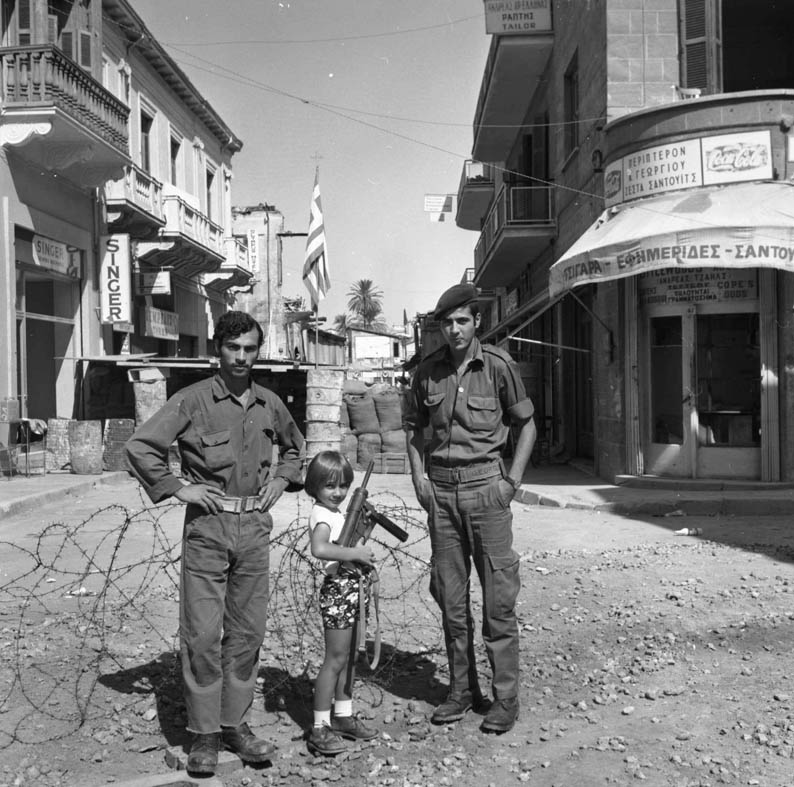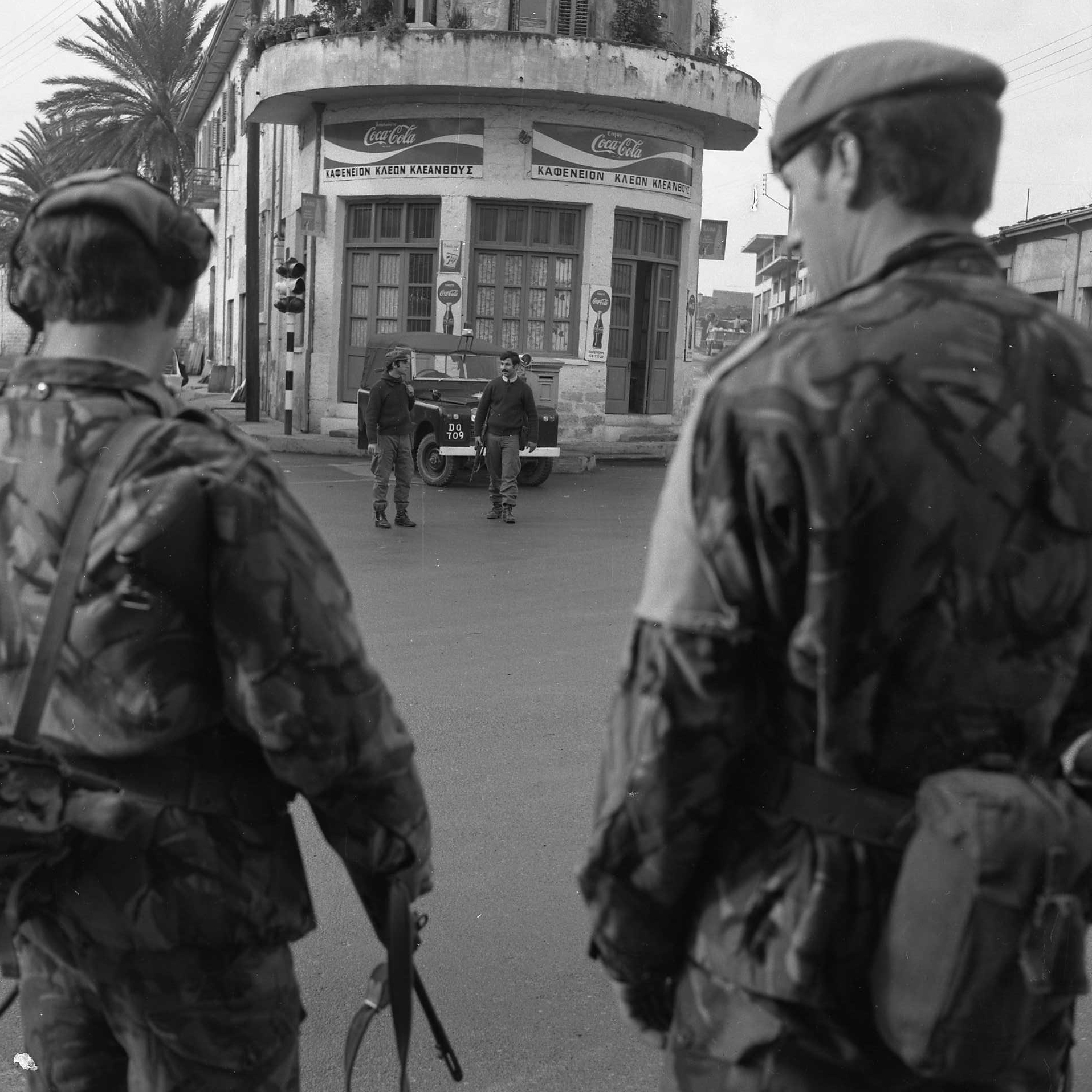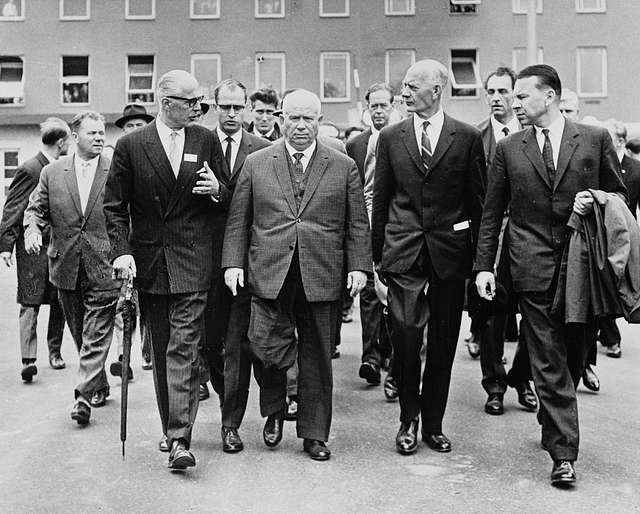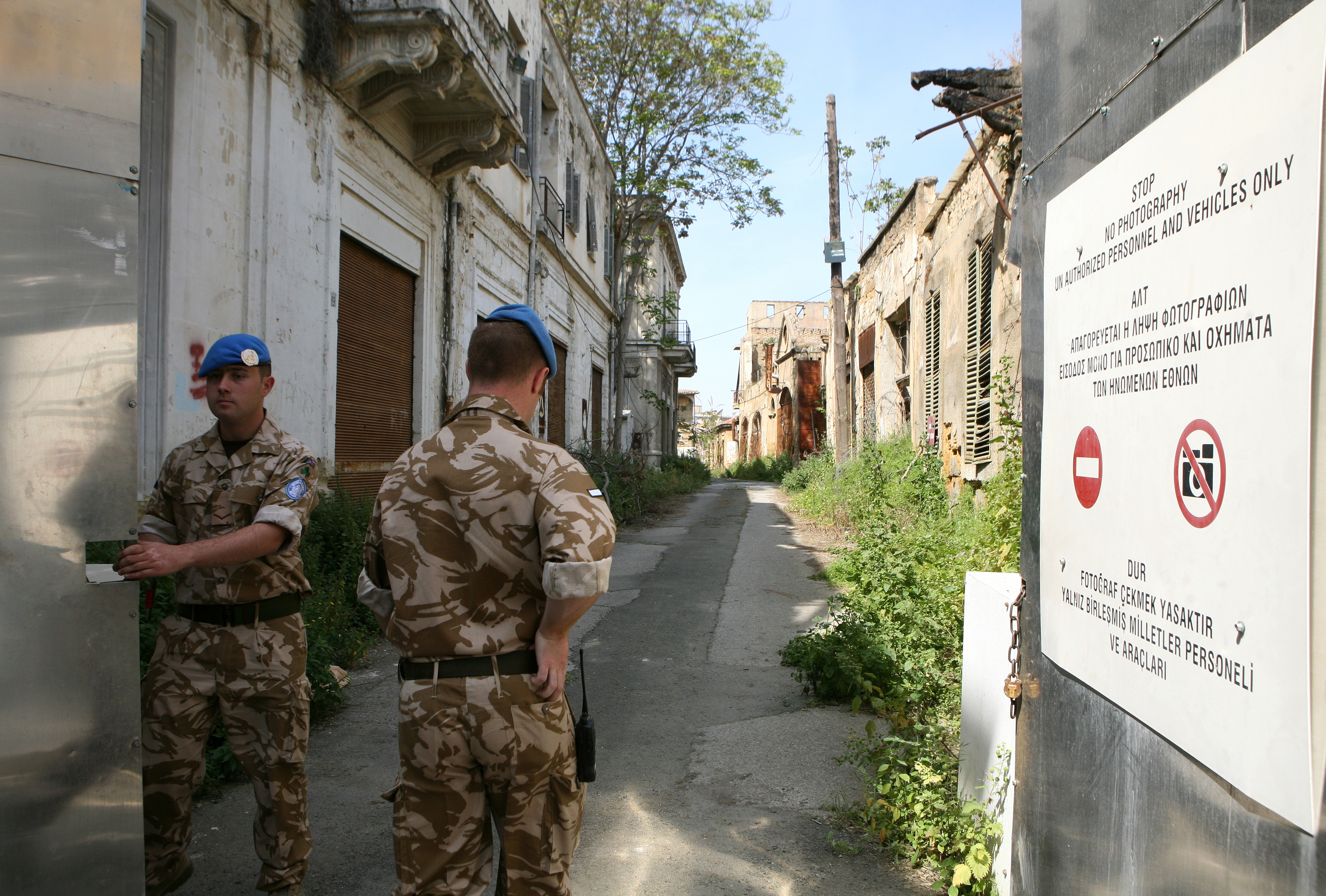By James Ker Lindsay
This week saw the fiftieth anniversary of a true milestone in the history of the Cyprus problem – the establishment of Unficyp, the United Nations Peacekeeping Force in Cyprus.
While the force is a fixture of the Cypriot political landscape, few now remember the difficult political circumstances surrounding its creation. It is a fascinating story that unfolded against the backdrop of the Cold War and British imperial decline.
The breakdown of the constitutional order in Cyprus, in December 1963, just three years after independence sparked concern in many Western capitals. The emergence of a full scale civil war in Cyprus could have spilled over to Greece and Turkey, with potentially catastrophic implications for NATO unity.

In London, there was particular panic. Apart from the wider implications for the Western alliance, fighting on the island could threaten Britain’s military bases as well as the lives of the many British citizens still living in Cyprus.
Having hastily recalled ministers back from their Christmas holidays, the British government decided to take the lead on the creation of a peacekeeping mission composed of troops from Greece, Turkey and the United Kingdom, the three states that had undertaken to guarantee the island’s independence, sovereignty and territorial integrity under the terms of the island’s 1960 constitution.
However, from the very start, the mission – the Joint Truce Force (JTF) – ran into problems. The Turkish troops earmarked to participate had left their barracks to take up positions in Turkish Cypriot villages and neighbourhoods. They were not coaxed back. Without them, Athens made it clear that its forces on the island could not play a part in the operation.
This effectively left Britain as the lone peacekeeper from day one.

Although the force carried out its duties to the best of its abilities, it was immediately apparent that Britain could not sustain such a major commitment indefinitely. Apart from its major presence in Germany, it was also dealing with its retreat from empire across the globe. Fighting several insurgencies and small wars elsewhere, it simply did not have the manpower to maintain a mission for more than a few months.
By late January, the pressure was starting to show. Although it was doing a good job calming tensions between the communities, many Greek Cypriots were starting to question the neutrality of the British army they had been fighting just a few years earlier. Meanwhile, a conference in London to try to broker a political agreement had failed. As a result, Turkey was showing increasing signs that it would take matters into its own hands and invade the island.
Faced with this, Britain scrambled to put together a new, more permanent peacekeeping force. One obvious option was to create a UN mission. However, the fear was that this would give the Soviet Union a say over developments. London therefore decided to explore the possibility of a force based around NATO. Cautious at first, Washington soon came to support the idea enthusiastically.
In contrast, the Greek Cypriot community, under the leadership of President Makarios, roundly rejected any talk of NATO involvement on the island. As they saw it, the organisation would always be inclined to side with Ankara given Turkey’s strategic position as the Western alliance’s most south-easterly flank. The presence of a NATO force would inevitably cement Turkish control over the island.

With growing pressure from London and Washington, Makarios played the Cold War card. In early February 1964, Nikita Khrushchev, the Soviet Premier, wrote to the three Guarantor Powers warning them against any interference in Cypriot affairs.
As its desperation increased, London now had no choice but to give up on the idea of a NATO force. Although a couple of other options were explored, including the idea of a Commonwealth Force, they failed to gain enough wider support.
On February 15, and acting against the wishes of the United States, which still believed that an alternative route could be found, the United Kingdom gave up and submitted a request for a meeting of the Security Council to discuss the situation on the island.
The debates that took place in New York over the next two weeks or so were to have a profound effect on the nature of the Cyprus Problem. It was, for example, at this stage that the Greek Cypriot led administration was recognised as the legitimate government of the Republic of Cyprus. Most notably, it culminated in Security Council Resolution 186, passed on March 4, 1964, which established a mediating role for the UN – a role that essentially continues to this day – and the creation of Unficyp. The first peace-keepers arrived in Cyprus on March 13.
One can only speculate what might have happened had a NATO force been introduced instead. It would certainly not have been beyond the realms of possibility that Cyprus could have been united with Greece, albeit with a large Turkish military presence on the island, or perhaps partitioned between Greece and Turkey. We will never know. However, what can be said for certain is that for a few weeks in early 1964, Cyprus became a frontline state in the Cold War and a visible symbol of Britain’s rapidly declining strength on the world stage.
Quite apart from anything else, Unficyp is an enduring reminder of that long gone era.
Guest columnist James Ker-Lindsay of the Cyprus Mail and a Senior Research Fellow at the London School of Economics wrote this article on UNFICYP on March 9th 2014
James Ker-Lindsay is Senior Research Fellow at the London School of Economics. He is the author of ‘Britain and the Cyprus Crisis, 1963-1964’ and ‘The Cyprus Problem: What Everyone Needs to Know’, as well several other books on the modern history, politics and international relations of Cyprus. He is on Twitter @JamesKerLindsay

